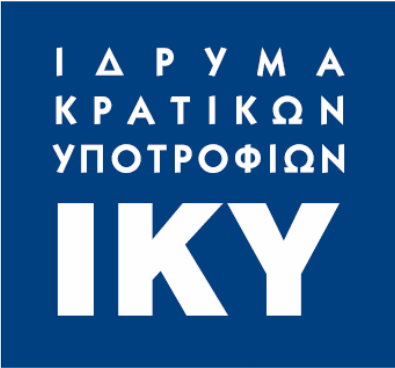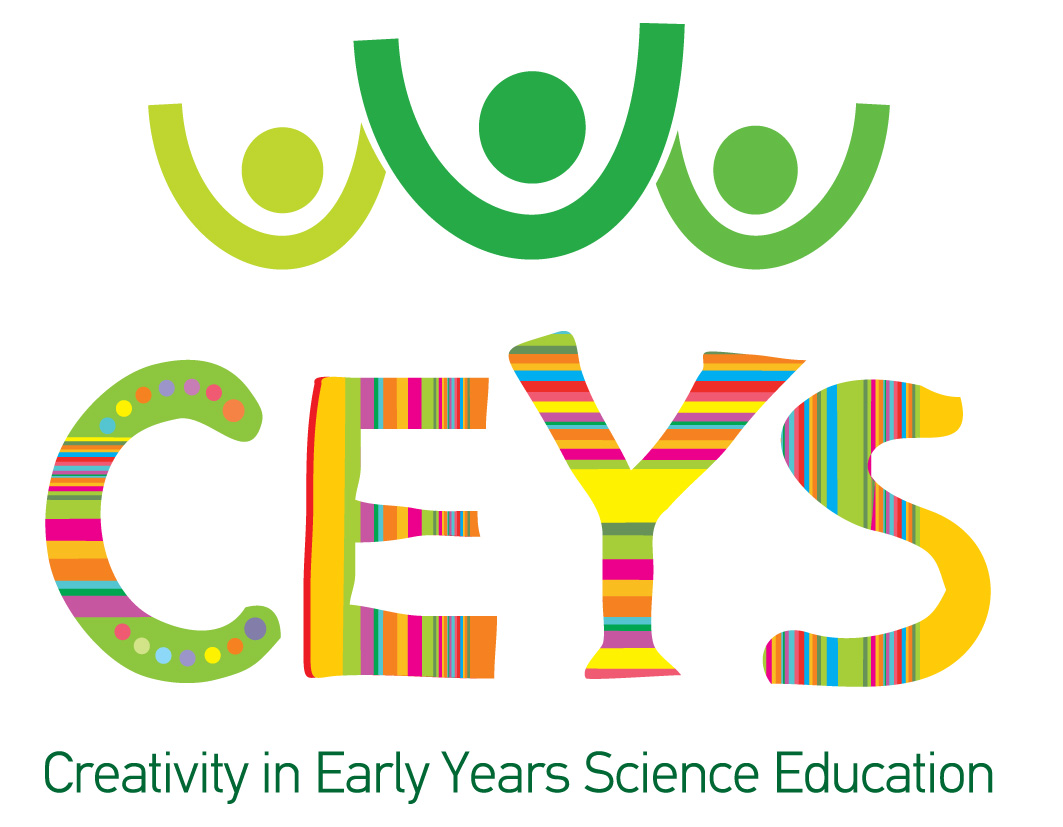- An innovative professional development training course and curriculum on fostering the take-up of creative and inquiry-based approaches in science in early years settings.
- Validated ‘Teacher Curriculum Materials’ (learning and assessment classroom activities) accompanied by a ‘Teacher Education Guide and Scenarios of Use’ to be used in in-service training of staff in early years education focusing on the use of creative approaches in inquiry-based science learning environments.
- New understandings and examples of the potential of school–university partnerships in the context of both initial teacher education and continuous professional development in the field of early science education.
About
It is widely acknowledged that empowering today’s students to become tomorrow’s creative citizens should be a priority of education in today’s world. Creativity holds a strong position in early childhood and primary education, while it appears to be under greater pressure in the more formal educational environment of secondary education. It is therefore necessary to exploit, support and sustain the creative potential that is found in young children. The adoption of inquiry-based activities in science education is viewed as the only way forward, as it is widely accepted that effective science education based on inquiry can lead to wonderment, and is fuelled by curiosity.
School in Europe today would benefit considerably from acknowledging and fostering the link between science education, and creativity. Science education could (and should) be more creative. In the teaching and learning of science, a more creative approach based on curiosity and inquiry would be beneficial, involving, for instance, a move away from the pedagogy of the ‘correct answers’, which makes pupils believe that it is wrong to be wrong, and become progressively less willing and able to take risk and to unlock their creativity. Further, in a more creativity oriented science education, new modes of interactions within the classroom could be developed to stimulate self-expression – which, if nurtured, could manifest itself subsequently in later years in terms of an ability to create and innovate. Such a major shift towards more creativity in science education, though, both in terms of fostering creativity in science and teaching science creatively, would require a profound change in educational practices and cultures, demanding the development not only of new curricula, but most importantly of appropriate teacher training and professional development.
The CEYS project is a timely response to the aforementioned needs, aiming at the development of a teacher development course and accompanying materials to be used in professional development to promote the use of creative approaches in teaching science in preschool and early primary education, in the frame of inquiry-based educational environments. By involving stakeholder communities and particularly teacher and teacher educators in the iterative process of design and evaluation of these materials, CEYS ensures that its outputs are appropriate and immediately usable in the relevant European professional contexts of the partner countries.
CEYS will work on expanding the existing state of the art in early years and early primary inquiry-based science education and creativity, as this has been explored and described by the research project Creative Little Scientists (www.creative-little-scientists.eu). One of the main outcomes of Creative Little Scientists was a set of Curriculum Design Principles and associated conceptual recommendations in order to design and apply curricula that will foster creative approaches to science and mathematics learning in preschool and first years of primary education. This was accompanied by a related set of Teacher Outcomes regarding what teachers should know and be able to do in order to develop such creative approaches presented as concrete recommendations for teacher educators and teacher education institutions and Exemplary Teacher Training Materials. These Exemplary Training Materials are accompanied with advice as to how the Teacher Outcomes and the set of Curriculum Design Principles can be used to frame sessions or workshops. The CEYS project intends to exploit these outputs in order to develop a prototypical professional development course that aims to sensitize in-service teachers to the synergies between inquiry-based learning and creative approaches and train them to foster these in their classrooms. In this way, CEYS will not only transform the previous outputs into actual practice and provide the means (i.e. the training) for their dissemination, but will also enrich and further develop them through the active involvement of teachers in the development of classroom materials suitable for teacher training.
The use of curriculum development is at the core of the CEYS project and, in addition to its focus, is one of its main innovating elements. This methodology indicates that the learning and assessment classroom activities designed in the CEYS project will have an emphasis on stimulating partnerships between teachers and researchers (the majority of the latter group also being active teacher educators); the consortium believes that these partnerships will contribute significantly towards bridging the gap between theory and practice, enhancing science education with the focus of creativity, and promoting a vision of science as a creative and dynamic discipline. Most importantly, the concrete new outputs of this project are:



